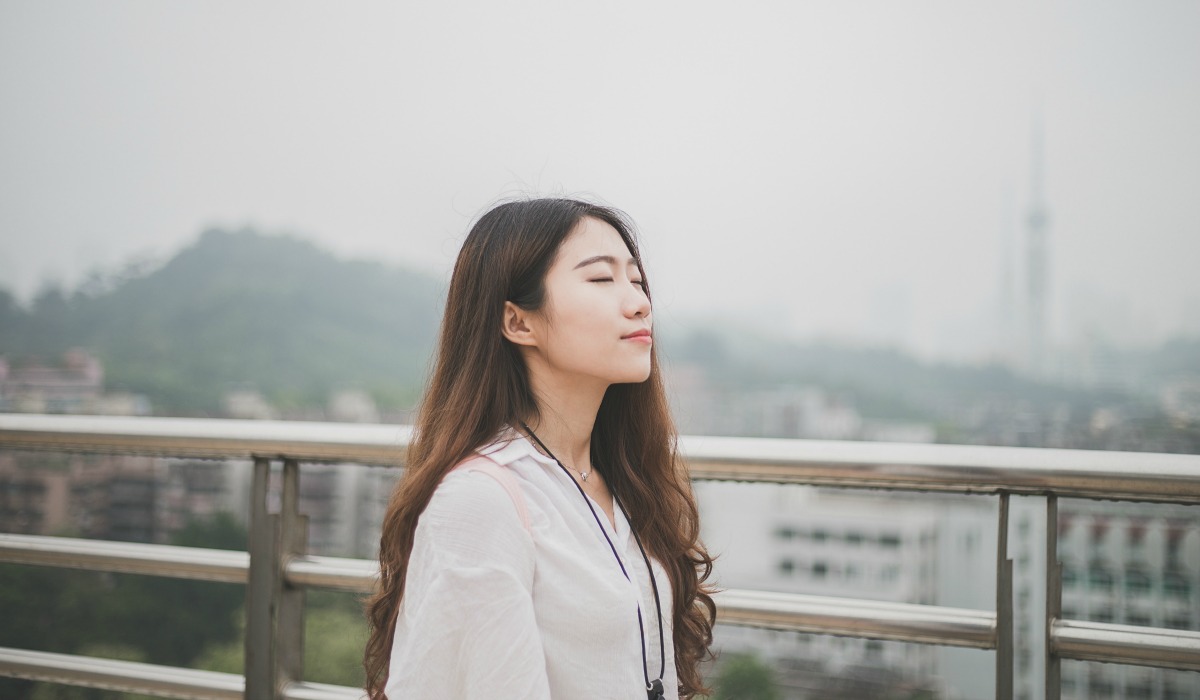My Eyes

Racism often comes in the form of exclusion, humiliation, and degradation directed at people based on the particularity of their bodies and faces. Here Jennifer Oyama Murphy, with generous vulnerability, reflects on the ways in which she has experienced mockery and violence toward her eyes and the agonizing impact, including messages of beauty and belonging. This post is a part of our focus for the month regarding race and racial trauma. We continue to invite you to engage this conversation with humility, curiosity, courage, and compassion.
When I saw the video of a World Series major league baseball player pulling his eyes and calling the opposing pitcher who is of Japanese-Iranian descent a “little Chinese,” I was not surprised. I do not know of a single Asian living in the United States who has not experienced the violation of racism through the mockery of his or her eyes.
In middle school, I secretly scotch-taped my eyes open at night in a desperate attempt to create American eyelids and make my eyes bigger. I suffered songs, gestures, looks and taunts about my “eyes like slits” daily. I blamed my eyes for feeling like an outcast. If my eyes weren’t so strange, I would not be the stranger. I might belong.
Angry that they would not change to hold colorful eyeshadow framed by upward sweeping lashes, I turned on my eyes despite all they had endured. I did not join the millions of Asian women who have made blepharoplasty (often called Asian eyelid surgery) the 3rd most popular plastic surgery worldwide in order to make my eyes big and round, but I figured out other ways to make my eyes open. I vowed that if my eyes could not be pretty, then they would be strong.
My eyes are alert, always looking, always scanning, always reading. They assess who you are, what you want, and who you need me to be. If I can be insightful and helpful, then maybe you won’t exile me in humiliation. My eyes are hypervigilant to threats, but they can cloud in an emotional numbing in order to self -protect. My eyes often go dark with a lack of hope and a reluctance to interact, but they hide a deep longing to be seen, known and loved. My eyes don’t rest much, because when they close, shadows of those songs, gestures, looks, and taunts flicker by to assault my sense of self. In many ways my eyes have served me well, but I have joined in the cursing of them.
Even now I feel insecure and afraid when I walk into a room and none of the eyes looking back at me look like mine. I hate getting my picture taken, and I avoid looking in mirrors. I don’t like to be reminded of my eyes. I want to forget that I have the eyes that I do. But, in order to do that, I have to sacrifice a history that is embedded in my body.
In 2015, a national cosmetic company proudly launched their makeup campaign called, “Simply American.” The “American Look” was portrayed by a blond “All American” country singer with porcelain skin and big bright eyes. I remember walking into a drugstore with her ad displaying rows and rows of beautiful eye shadows touting “The Great American Eye.” I could not put my sunglasses on fast enough and rush out the door. I was in danger. I felt the shame of a sixteen year old, but also the fear of generations.
February 2017 was the 75th anniversary of Executive Order 9066 that authorized the incarceration of Japanese Americans as “potential threats” and “enemy aliens” after Pearl Harbor. Thousands of Japanese Americans had to abandon their homes and endure the stress and denigration of forced dislocation to isolated, culturally dissonant, and substandard living conditions in internment camps. I am the granddaughter, niece, and daughter of American citizens who were interned during World War II because their ethnicity suggested the crime of being un-American. The evidence of their guilt was having a face that looked like the perceived enemy. I share their eyes.
Last week I visited a museum exhibit in Chicago about the incarceration of Japanese Americans during WWII. It was difficult for me to let my eyes honor the faces of those in the photographs that lined the exhibit walls. The confusion, betrayal, fear and shame in their eyes was too much to bear. But, then, in a video presentation, I was surprised to see the face of my paternal Grandfather.
I’ve been told I have his eyes.
This regal man came to America as a Christian missionary to the new Japanese immigrants. As I looked into his eyes, I heard him speak the language of a country that had incarcerated him because they feared and hated his face. I could not yet bless, but I did not curse. I felt Jesus put his hands on my eyes as he did to the blind man in Bethsaida, and I closed my eyes and wept.
